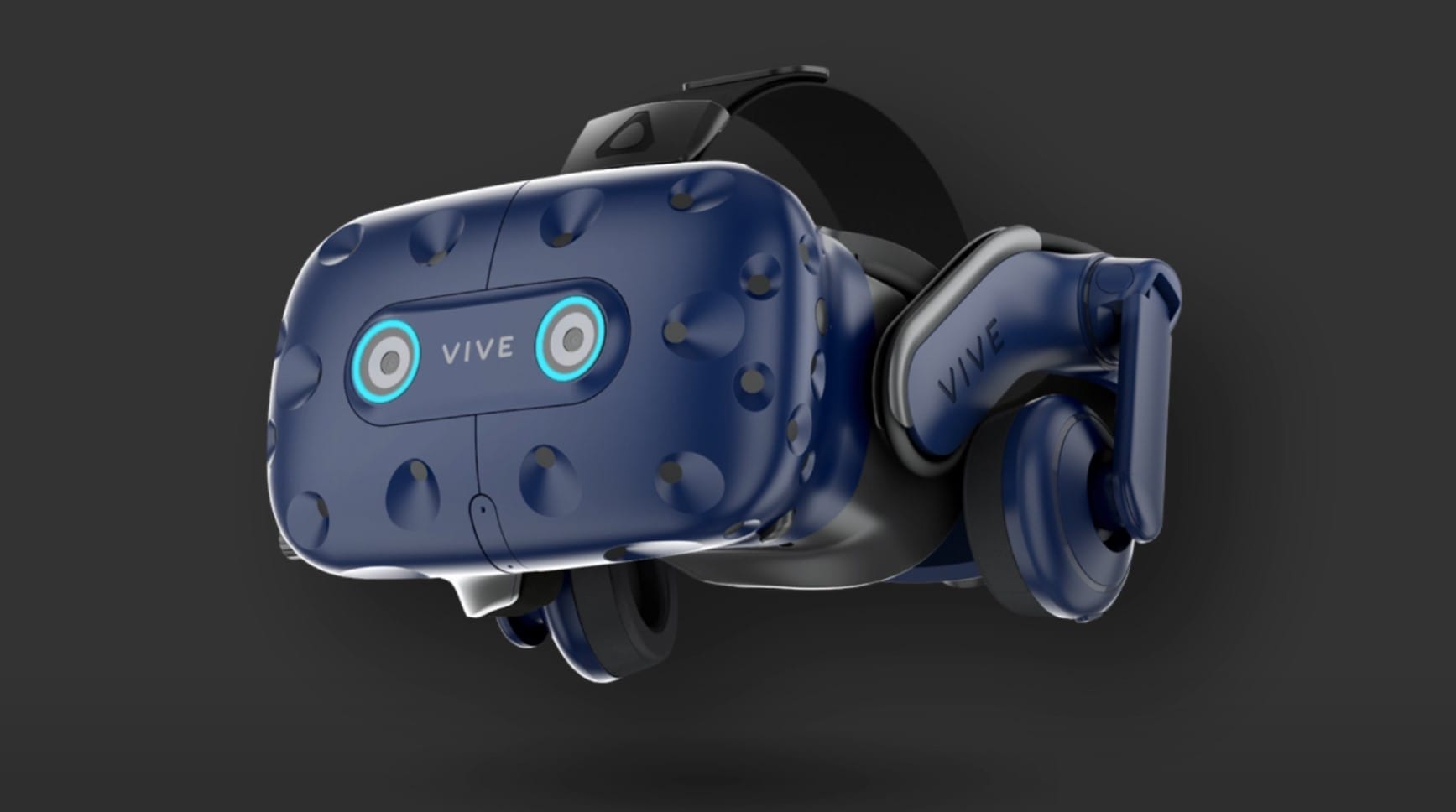Complete Guide To Grocery Store Simulators 2025
In the rapidly evolving retail landscape of 2025, grocery store simulators have emerged as invaluable tools for retailers aiming to enhance customer experiences, optimise store layouts, and boost profitability. These virtual store simulations enable businesses to experiment with various strategies in a risk-free environment, leading to more informed decisions and efficient operations.
Understanding Grocery Store Simulators
Grocery store simulators are sophisticated software platforms that replicate real-world retail environments. They allow retailers to design and modify store layouts, test product placements, and analyse customer behaviours without implementing physical changes. By creating a virtual store simulation, businesses can visualise potential outcomes and refine their strategies accordingly.
Key Benefits of Virtual Store Simulations
Cost-Effective Experimentation:
Implementing changes in a physical store can be costly and disruptive. Virtual store simulations offer a platform to test ideas without financial risk.
By analysing shopper interactions within the simulation, retailers can identify pain points and optimise the shopping journey to improve satisfaction.
Simulators provide valuable insights into customer preferences and behaviours, enabling retailers to make informed choices about product placements and promotions.
Virtual environments serve as training grounds for staff, allowing them to familiarise themselves with store layouts and procedures in a controlled setting.
StoreLab: Pioneering Virtual Retail Solutions
Our company StoreLab™, is dedicated to transforming retail visions through experiential VR simulations. With over 35 years of expertise, we offer immersive virtual experiences that empower businesses to visualise, test, and perfect their retail spaces before making physical changes. Our platform, STORELAB™ Connect™, provides features such as seamless planogram management, immersive walkthroughs, and data-driven insights, all designed to enhance store layouts and merchandising strategies.
Applications in the Australian Market
In Australia, the adoption of virtual store simulations has gained momentum as retailers seek innovative solutions to meet evolving consumer expectations. By leveraging these technologies, Australian retailers can:
Tailor store designs to local preferences, ensuring a more personalised shopping experience.
Evaluate the effectiveness of promotional campaigns in a virtual setting before launching them in physical stores.
Utilise virtual simulations to train staff on new protocols or store layouts, reducing onboarding time and improving efficiency.
Emerging Trends in 2025
The year 2025 has seen several advancements in grocery store simulators:
AI-driven analytics are being incorporated to provide deeper insights into customer behaviours and preferences.
Advancements in graphics and VR technology have led to more immersive and realistic simulations, closely mimicking actual store environments.
Cloud-based solutions have made these simulators more accessible to retailers of all sizes, eliminating the need for extensive IT infrastructure.
Frequently Asked Questions
What is a grocery store simulator?
A grocery store simulator is a virtual platform that replicates a retail environment, allowing retailers to design, test, and optimise store layouts and strategies without making physical changes.
How can virtual store simulations benefit my retail business?
They enable cost-effective experimentation, provide data-driven insights, enhance customer experiences, and serve as efficient training tools for staff.
Is StoreLab™ suitable for small to medium-sized retailers in Australia?
Yes, StoreLab™ offers scalable solutions like STORELAB™ Connect™, which are designed to meet the needs of retailers of all sizes.
How does AI integration enhance virtual store simulations?
AI integration allows for more detailed analysis of customer behaviours, enabling retailers to make more informed decisions regarding product placements and marketing strategies.
Can virtual store simulations replace physical pilot testing?
Embracing grocery store simulators in 2025 positions retailers to stay competitive, innovate continuously, and meet the dynamic needs of their customers effectively.







